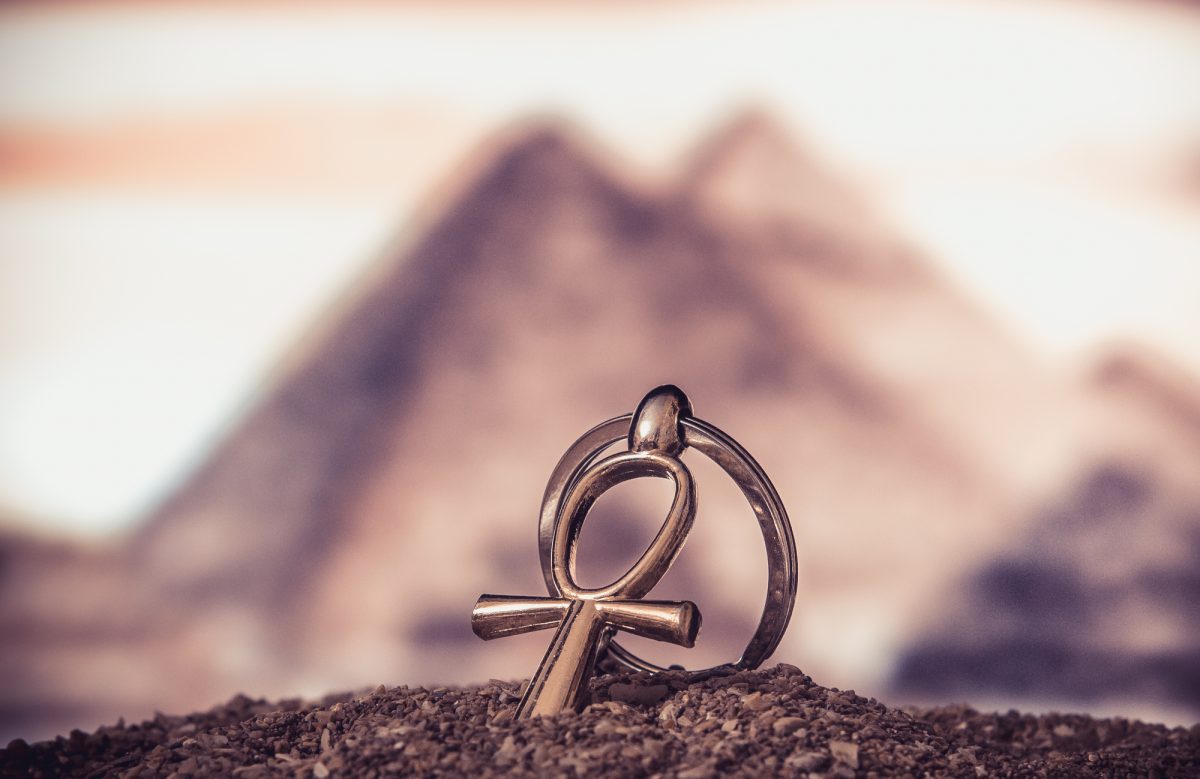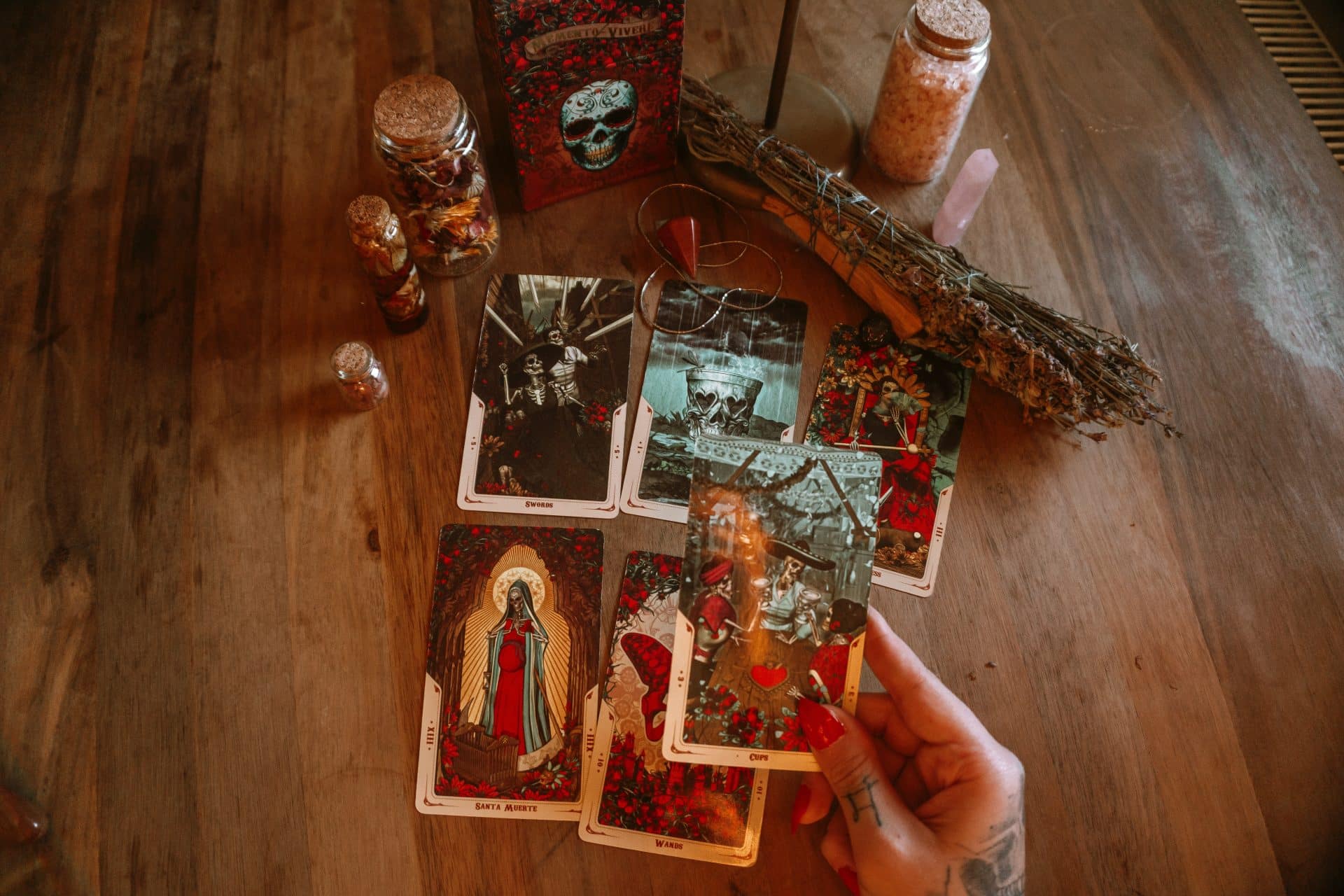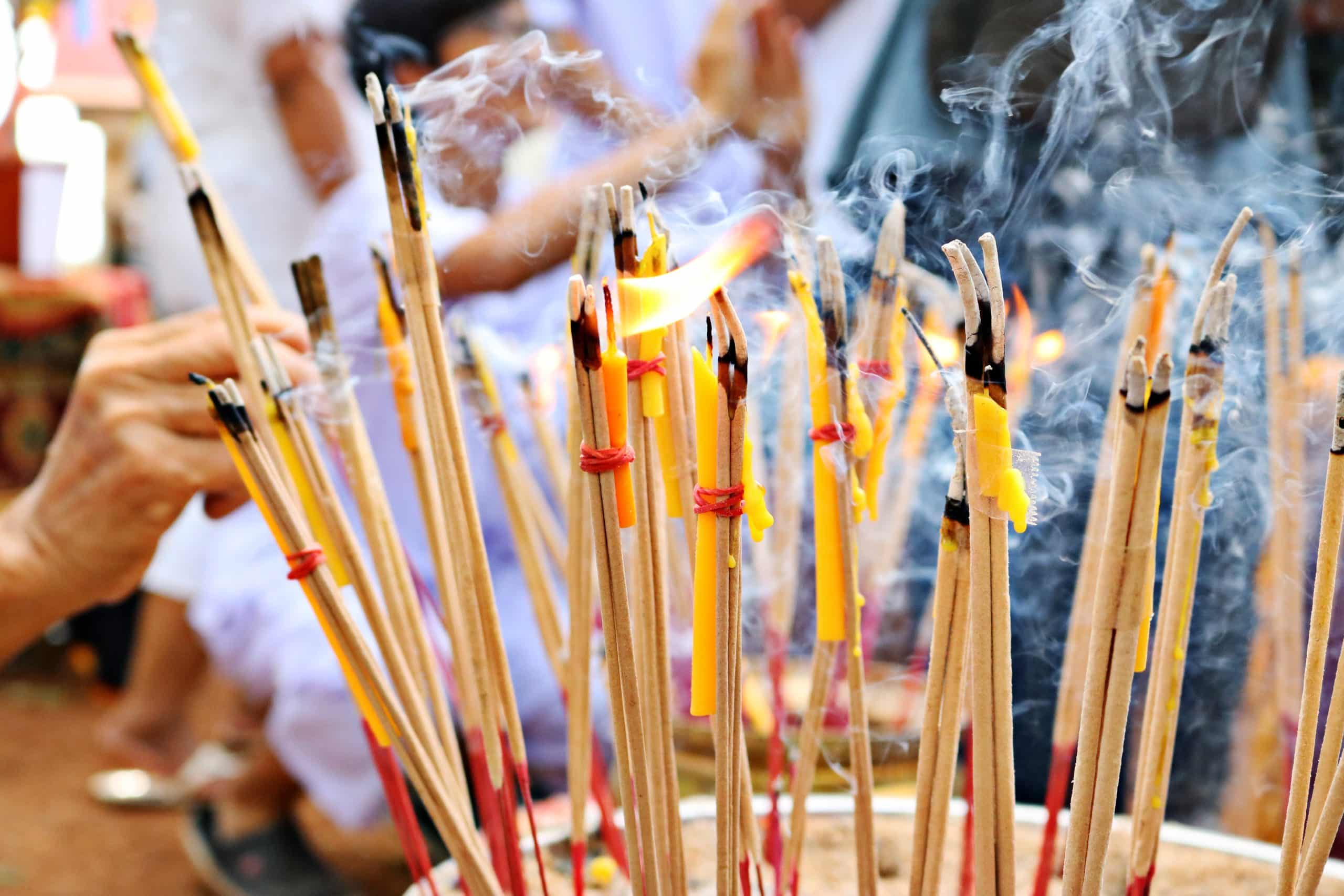The Connection Between April Fool’s Day and the Norse Trickster God Loki
April Fool’s Day is one of the most amusing holidays people celebrate worldwide. It is a day of light-hearted mischief and laughter where everyone can have a good time.
However, did you know that this day has its roots in Norse mythology and is connected to the mischievous god Loki?
This article will explore the connection between April Fool’s Day and the Norse trickster god Loki.

We’ll take a deep dive into Norse mythology, the spiritual significance of April Fool’s Day, and ways to celebrate Loki on this special day.
Table of Contents
Who is Loki?
Loki is a complex character in Norse mythology, and he is known for his unpredictable and mischievous nature.
He is often depicted as a cunning, clever character who can take on many different forms throughout the stories in which he appears.
The Role of Loki in Norse Mythology
Loki’s role in Norse mythology is both significant and complicated. He is often associated with mischief and chaos, but he also plays an important role in many mythology stories.
In the story of the death of Baldr, for example, Loki is the one who tricks Baldr’s brother into killing him with a mistletoe arrow. This event ultimately leads to Ragnarok, the end of the world in Norse mythology.
Loki’s Family
Loki’s parentage and family are also significant in Norse mythology. He is the son of two giants, Laufey and Farbauti, and he has three children with his wife, Sigyn. One of his children is the wolf Fenrir, who is destined to kill Odin during Ragnarok. Another of his children is the serpent Jormungandr, who is so large that he circles the world and bites his own tail.
Overview of Norse Mythology
Norse mythology is a fascinating collection of stories, beliefs, and traditions that were passed down through the ages by the ancient Norse people of Scandinavia. These stories include tales of gods and goddesses, creation myths, and epic stories of heroes and monsters. The mythology is a rich tapestry of tales that have significantly impacted the region’s culture and history.
What is Norse Mythology?
Norse mythology is a complex system of beliefs and stories that the ancient Norse people developed. It is a system of beliefs that were passed down orally from generation to generation before eventually being written down in sagas and poems.
The Origins and Development of Norse Mythology
The origins of Norse mythology are difficult to pinpoint, but it is thought to have developed over many centuries. A variety of cultures and traditions, including Celtic and Germanic beliefs, influenced mythology.
It was eventually written down in the form of sagas and poems, and many of these stories have survived to this day.
The Spiritual Significance of April Fool’s Day
While April Fool’s Day is a day of mischief and laughter, the holiday has a spiritual significance. One theory about the origin of April Fool’s Day is that it was originally a celebration of Loki, the trickster god of Norse mythology.
April Fool’s Day and Loki
According to this theory, people would play pranks and tricks on each other to honor Loki and his mischievous nature. This theory suggests that April Fool’s Day is a modern-day version of an ancient Norse celebration of Loki.
Other Spiritual Interpretations of April Fool’s Day
Many other spiritual interpretations and meanings are associated with April Fool’s Day. Some people see it as a day of renewal and rebirth, a time to let go of the old and welcome in the new.
Others see it as a day of awakening and enlightenment, a time to become more aware of the world and embrace our inner wisdom.
Other Gods in Norse Mythology
In addition to Loki, Norse mythology is populated by other gods and goddesses, each with unique stories and characteristics.
The Two Major Clans: Æsir and Vanir
These gods are divided into two major clans: the Æsir and the Vanir. The Æsir are the more warlike of the two clans and are associated with battle, strength, and wisdom.
Conversely, the Vanir are associated with fertility, prosperity, and the natural world.
Notable Members from Each Clan
Some of the most notable gods and goddesses in Norse mythology include Odin, the chief god of the Æsir, associated with wisdom, war, and death.
His wife, Frigg, is the goddess of marriage and motherhood. Thor, the god of thunder, is another well-known member of the Æsir clan. He is depicted as a powerful, muscular man with a red beard and is often seen wielding his hammer, Mjolnir.
The Vanir clan includes gods and goddesses associated with fertility, prosperity, and the natural world. Njord is the god of the sea and fishing, while Freyr is the god of fertility and agriculture. Freya, the goddess of love and fertility, is also a member of the Vanir.
Ways to Celebrate Loki on April Fool’s Day
If you’re interested in celebrating Loki on April Fool’s Day, there are many ways to do so.
Play Pranks and Tricks
One traditional way to honor Loki is to play pranks and tricks on your friends and family. This is a way to embrace the mischievous spirit of Loki and have some fun.
Incorporate Play and Silliness
You can also incorporate elements of play and silliness into your celebrations by organizing games or telling funny stories. You can also make offerings to Loki on this day, such as leaving out a small dish of food or drink to show your respect and appreciation for his role in Norse mythology.
Explore Norse Mythology
Another way to celebrate Loki on April Fool’s Day is to explore the mythology and stories surrounding him. You can read books about Norse mythology, watch movies or TV shows that feature Norse gods and goddesses, or even create your own artwork or writing inspired by Loki and his antics.
Conclusion
In conclusion, April Fool’s Day is a holiday that has deep roots in Norse mythology and the mischievous nature of the god Loki.
By embracing the playful spirit of Loki and celebrating the rich mythology and stories of Norse culture, we can add an extra layer of meaning and excitement to this special day.
Whether you’re playing pranks on your loved ones or exploring the stories and traditions of Norse mythology, there are many ways to celebrate April Fool’s Day in honor of Loki.
So go ahead and let your mischievous side shine, and have a happy and playful April Fool’s Day!






